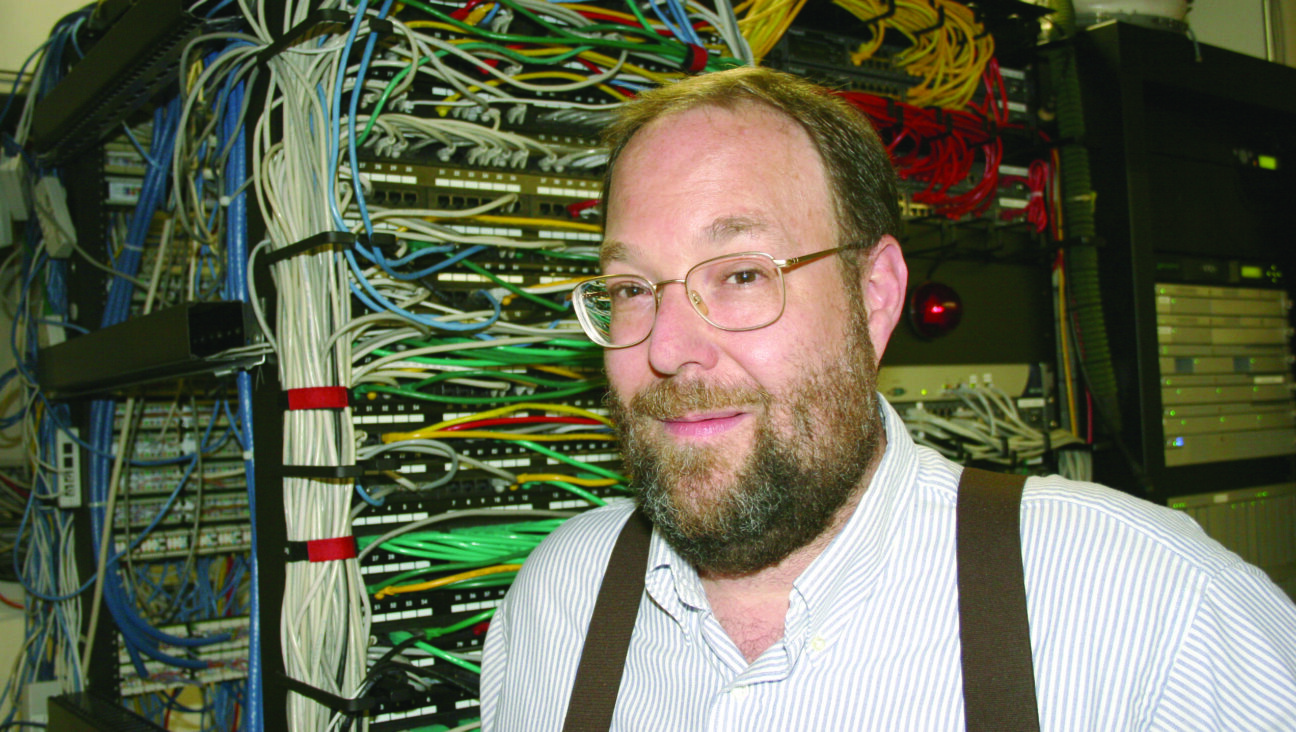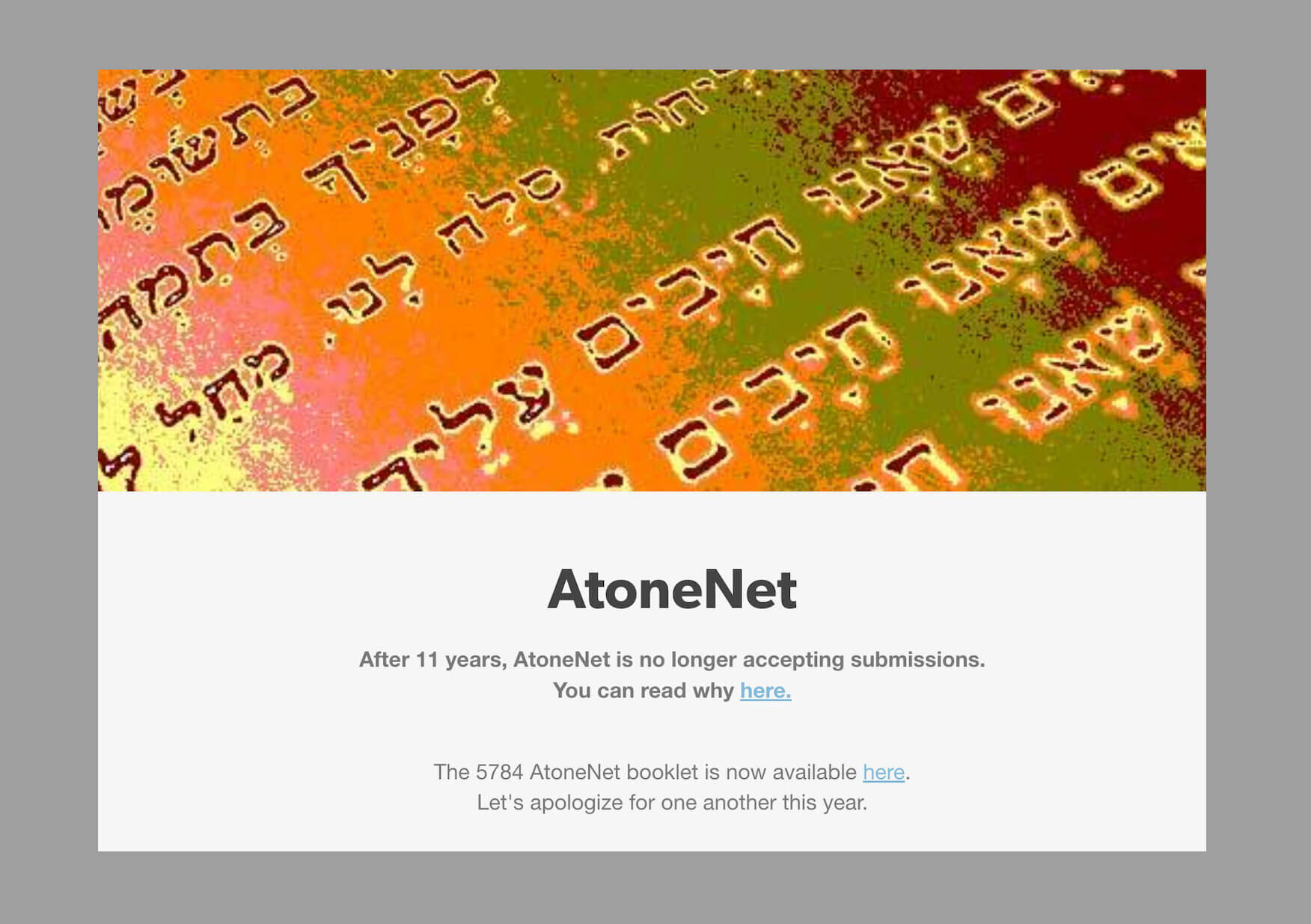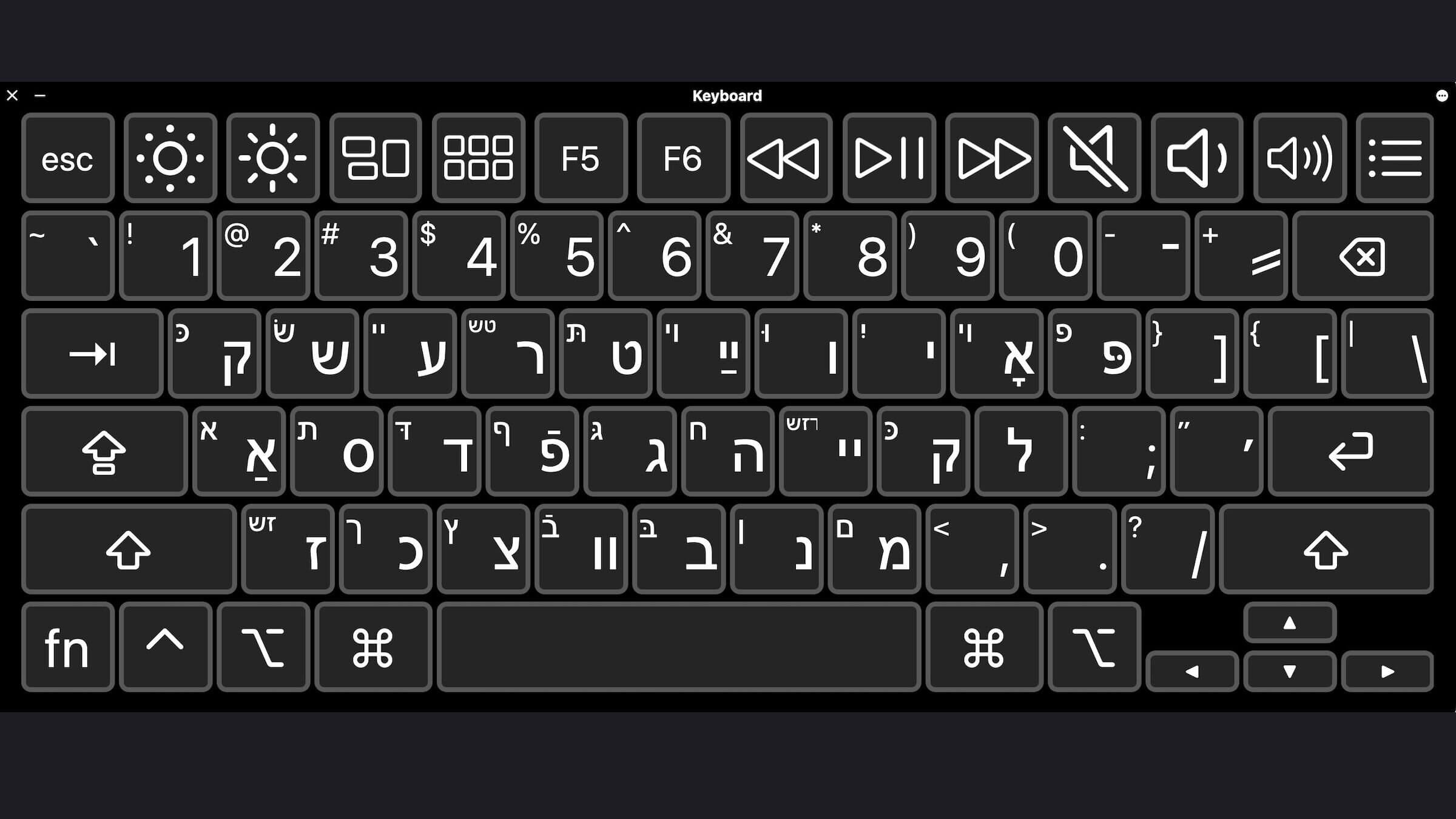How a troublemaking private school dropout became the Johnny Appleseed of tech
Sure, Tekserve founder David Lerner could be difficult, but he was also the consummate mensch

Sure, Tekserve founder David Lerner could be difficult, but he was also the consummate mensch

The death and life of AtoneNet, a living tapestry of Jewish guilt

The company released its first Yiddish keyboards for phone and computer

With a precise blend of topical matters and entertainment, the Huffington Post has become the most popular news website in the United States. After selling it for hundreds of millions of dollars and stepping down from running it, its founder Arianna Huffington has embarked on a new initiative aimed at reducing our dependence on technology….

This article originally appeared in the Yiddish Forverts. Several years ago I wrote an article for the Forverts describing the bizarre phenomenon by which a Google search for the innocent Yiddish word “meydlekh” (girls) yielded results for pornographic websites, listings for Canadian escorts and so forth. Were pornographic websites actually advertising in Yiddish? No, it…

Eugene Goostman is a computer program masquerading as a 13-year-old Ukrainian Jewish boy. On June 7, he became the first program — and certainly the first Jewish program — to pass the iconic Turing test of artificial intelligence, after convincing several judges that he is, in fact, human. The Forward’s Hody Nemes sat down with…

Eugene Goostman is 13 years old. Eugene Goostman is Jewish. He’s from Ukraine. And, oh yes, Eugene Goostman is a computer program. On June 7, Eugene became the first computer program to pass the iconic Turing test of artificial intelligence, tricking several human judges into believing he was human. Alan Turing, the father of computer…

Thirty years ago, a revolutionary Super Bowl commercial by Apple boldly proclaimed that “1984 won’t be like 1984” because of the imminent arrival of the Macintosh computer. Two days later, on January 24, a young Steve Jobs officially introduced the computer that would change the history of personal computing. But behind the charismatic, bow-tied genius…








100% of profits support our journalism